Working Groups
The Humanities Research Center’s interdisciplinary research groups foster conversation and creativity across conventional disciplinary boundaries by bringing together faculty and graduate students from different departments with common interests.
Group members meet on a regular basis to discuss books and journal articles of common interest and/or their own work-in-progress. The Humanities Research Center provides space and administrative support for group meetings. Proposals for new groups are always welcome. Please contact the center with any ideas you may have for an interdisciplinary research group at hrc@vcu.edu.
Current Working Groups
Theory as Worldbuilding Practice
The Theory as Worldbuilding working group will meet regularly to discuss theoretical texts. We will approach theory capaciously, reading across feminist studies, disability studies, queer studies, trans studies, Black studies, Asian American studies, affect studies, and more. While doing so, we will examine how works of literature and art also theorize. The Theory as Worldbuilding working group invites students, staff, community members, and faculty from all disciplines. Taking seriously theory’s worldbuilding capacities, we will read collectively, generously, and with a focus on the worlds and futures theory insists are possible from the material realities of the present. This working group will meet virtually. (Image credit: Tara Donovan)
- Contact: Jennifer Rhee, jsrhee@vcu.edu.


History and Culture before 1900 Workshop
This group examines a broad range of questions and issues relating to society and culture in a wide range of locales between 1600 and 1900. It meets two or three times a semester to discuss a participating member’s work-in-progress—usually a draft book chapter or journal article. All disciplinary and methodological approaches are welcome. Faculty and graduate students from all schools and colleges at VCU are welcome.
- Contact: Catherine Roach, croach2@vcu.edu.


Recovery Working Group
The Recovery Working Group invites educators, researchers, artists and authors who focus on recovery topics or have lived experience in recovery from substance use disorders and process addictions to engage in research, teaching and creative practices that advance the recovery movement and improve the way our society engages with folks who are in recovery or struggle with substance use disorders. This group is inherently and intensely community engaged and interdisciplinary, with focus both locally, on our students and members of the greater Richmond community, and also internationally on building connections across the country and the world to build communities that celebrate and center recovery, destigmatize addiction, advance the development of and dissemination of recovery science as an independent field, and integrate the humanities into the broader understanding of recovery both scientifically and culturally. The Recovery Working Group is distinct but connected to efforts that are largely problem focused such as fields of addiction studies, psychiatric genetics, and addiction treatment.
- Contact: John Freyer, jdfreyer@vcu.edu.
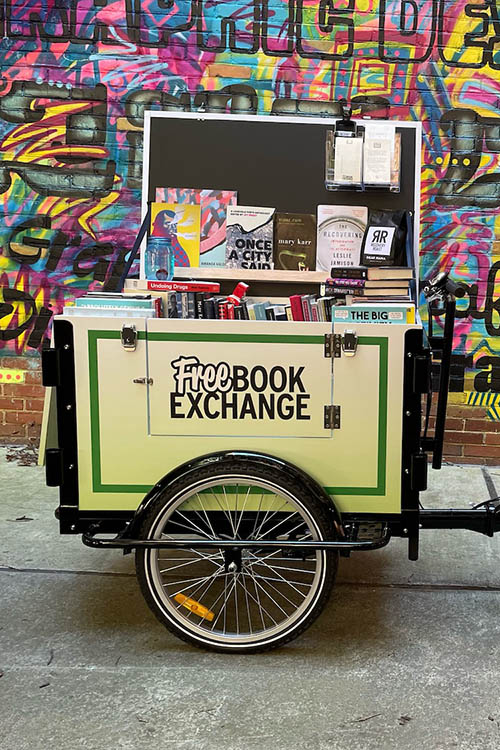

Digital Technology in Education
The Digital Technology in Education working group, rooted in cross-disciplinary collaboration and community partnership, is dedicated to exploring the impact of digital technology, particularly Artificial Intelligence (AI), in education. This group focuses on critical issues such as the integration of Large Language Models (LLMs) in K12 and higher education settings, emphasizing a human-centered approach. Our work involves close engagement with teachers, students, administrators, and academic researchers, enriching our work with diverse perspectives. Through an emphasis on the importance of understanding the historical and rapid evolution of AI and its implications in language learning and education, the group aims to build scholarly and professional knowledge through critical reflection and practical application. Within our group's scholarly endeavors, we delve into the cultural and ethical dimensions of digital technology's role in education inherent in the use of digital technology within educational landscapes.
- Contact: Mary Strawderman strawdermamm@vcu.edu.


Ethics
We say we want good lives—the topic of ethics—but it's difficult to know just what we mean. This research group meets to discuss ethics, or morality, from the perspectives of the humanities, social sciences, theology, natural sciences, professional fields, and beyond. The group considers questions including: How does morality shift with changes in social context? How do works of art make ethical arguments? What is the moral standing of nonhuman animals? How does moral change occur? The group reads a variety of texts, from Confucius' Analects to Emile Durkheim's Suicide to Toni Morrison's Beloved, as well as group members’ works-in-progress. Faculty and graduate students from all schools and colleges at VCU are welcome.
- Contact: Ross Collin, rcollin@vcu.edu.


Film and Media Studies
The Film and Media Studies group meets to discuss the history and theory of film and media. We discuss works-in-progress by VCU faculty and graduate students as well as important work of interest to the group. All approaches to film and media studies — historical, sociological and theoretical — are welcome. Faculty and graduate students from all schools and colleges at VCU are welcome.
- Contact: Oliver Speck, ocspeck@vcu.edu.


LGBTQ Studies
The LGBTQ Studies group meets regularly to discuss group members’ works-in-progress and books or articles addressing LGBTQ topics from a wide range of disciplinary and methodological perspectives. Faculty and graduate students from all schools and colleges at VCU are welcome.


Writing the First Book
This writing group provides a supportive and rigorous forum in which junior faculty can engage with each other as they work on their first scholarly monographs. The group reads and discusses draft chapters, book proposals for submission to presses and applications for fellowships and grants. It also invites senior colleagues to visit, talk about their experiences in writing and publishing their first books, and share strategies for successful and timely completion of a book project. Faculty and graduate students from all schools and colleges at VCU are welcome.
- Contact: Rachel Gevlin, gevlinra@vcu.edu.


The Second Book Writing Group
This writing group provides a supportive and rigorous forum for mid-career faculty to work on second (and third or fourth) monographs. This interdisciplinary book writing group will schedule meetings occurring regularly enough that each member can present work-in-progress once during the semester. Such sessions will offer substantive group discussion of each individual chapter or work-in-progress. Groups may schedule other, optional activities, as desired. Faculty from all schools and colleges at VCU are welcome.
- Contact: Cristina Stanciu, cstanciu@vcu.edu.


Previous Working Groups
Creation, Technology and Language in the Arts and Humanities
This reading group explored questions surrounding the nature of language, specifically regarding its relationship to other forms of making and creativity, paying particular attention to the relationship between language and technology.
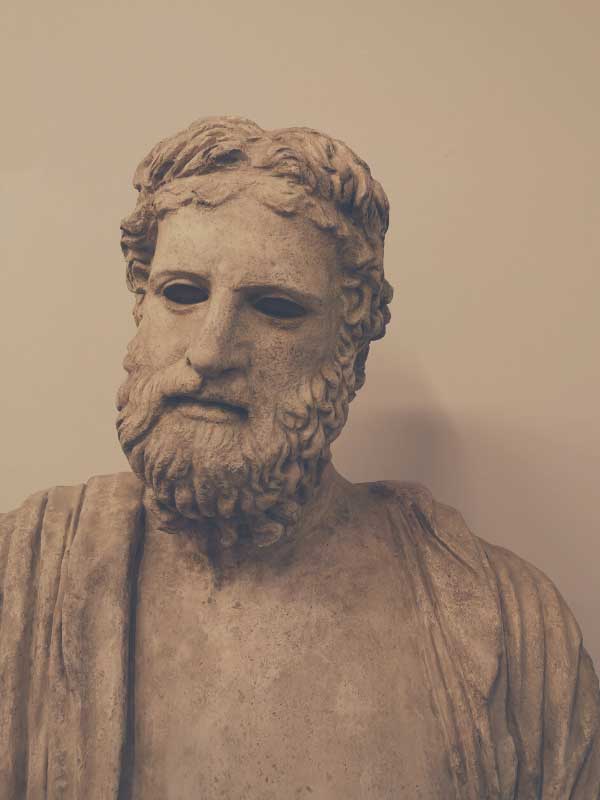

Land Acknowledgement
This was a faculty-led group coordinating efforts between local Indigenous communities and VCU faculty, staff and students to produce a consultative land acknowledgment. The group met monthly to discuss proposed readings, meet Indigenous leaders in the community and draft recommendations for a land acknowledgment statement. In 2024, the land acknowledgment was formally adopted by VCU and VCU Health. You can read it here.
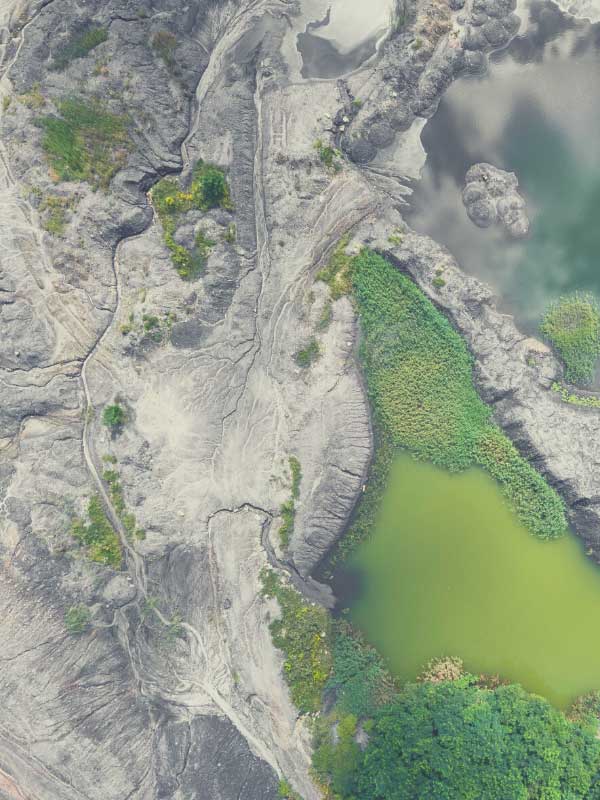

Memory and Monuments
Memory and Monuments brings together interdisciplinary scholars who are engaged with the historical reckoning around issues of race, power and memory, in our city and around the world. Although much of our work focuses on local sites of memory, such as Confederate monuments and African American landmarks, our initiative is deeply linked with the work of global scholars who are using the framework of memory studies to explore histories of racial injustice, civil conflict, nation building, state violence and political resistance. We welcome faculty and graduate students from all schools and colleges whose work engages or would benefit from memory studies in any context or discipline. In this working group, members will share their writings-in-process and readings to develop strategies for bringing memory studies to bear on issues of commemoration in Richmond and elsewhere. The goal of the group is to foster the intellectual growth and scholarship of its members; to provide mentoring for junior faculty and graduate students; and to increase the visibility of humanities fields on campus. In doing so, we aim to create a robust home at VCU for the study of memory and its material expressions.
This group became a lab in Fall 2023: Memory Studies Lab.
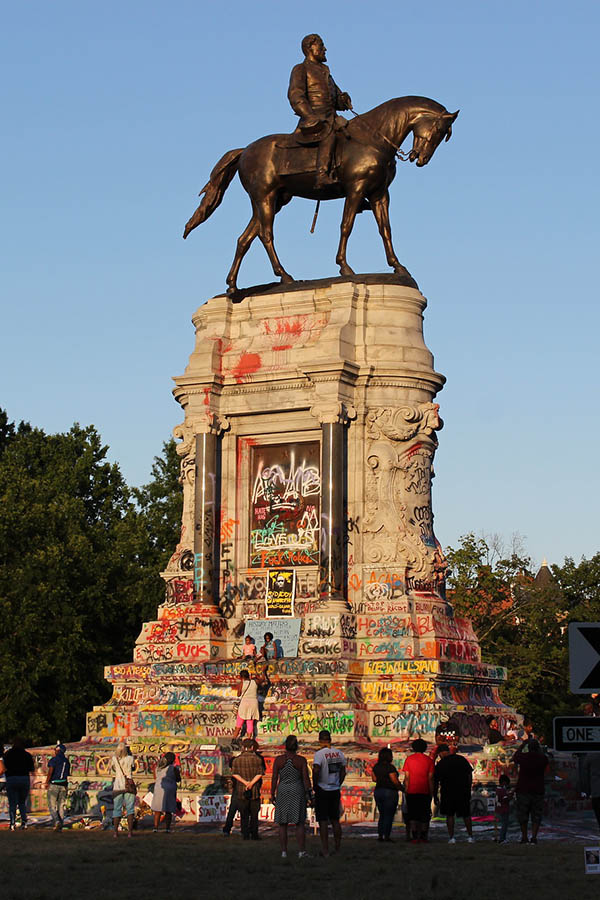

Women and Leadership in the Humanities
The goal of this group was to provide a forum for informed and supportive conversation about women’s career trajectories and their experience of leadership roles, broadly defined, in academia.


Abolition Studies
This group became a lab in 2024: Transformative Justice Learning Collaborative.
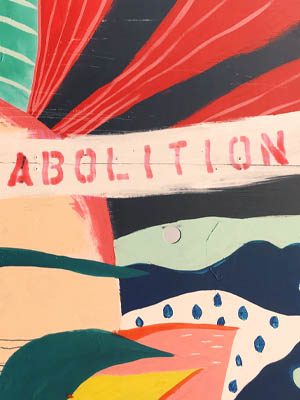

Migration Studies
This group became a lab in 2023: Migration Studies Lab.

